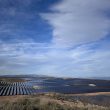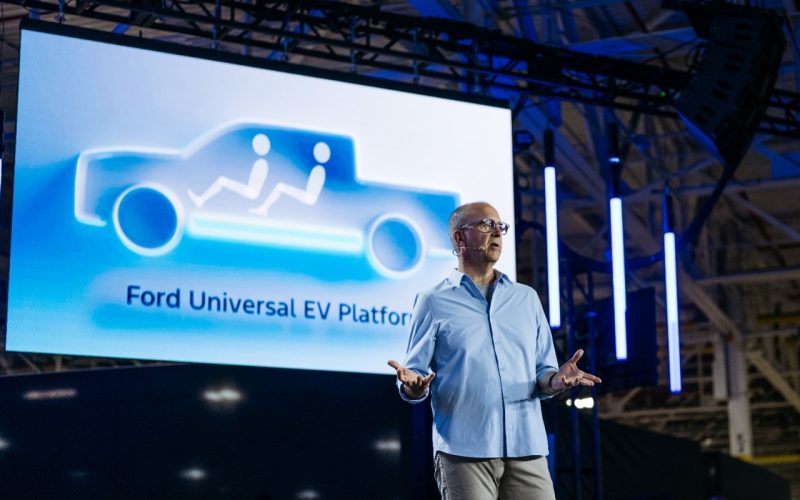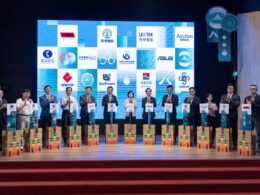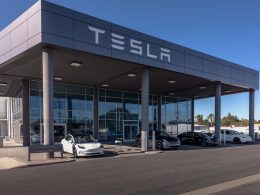Ford Motor Company has announced a new Universal EV Platform and Production System designed to produce a family of affordable, software-defined electric vehicles, starting with a midsize four-door electric pickup set to launch in 2027. The vehicle will be assembled at the Louisville Assembly Plant in Kentucky for domestic and export markets.
The platform, developed by a dedicated skunkworks team outside Detroit, aims to deliver efficiency and cost savings, with 20% fewer parts, 25% fewer fasteners, and assembly times up to 15% faster than current models. Ford says the wiring harness alone will be over 1.3 kilometres shorter and 10 kilograms lighter than that used in its first-generation electric SUV.
Key to the design is the use of lithium iron phosphate (LFP) prismatic batteries, which are cobalt- and nickel-free, serving as a structural sub-assembly and vehicle floor. This reduces weight, improves handling, and increases interior space. The truck is expected to offer more passenger room than a Toyota RAV4, along with additional storage in a lockable truck bed and front trunk.
Ford’s new manufacturing approach replaces the traditional moving assembly line with an “assembly tree” structure, allowing three sub-assemblies – the front, rear, and structural battery – to be built separately before integration. The system is designed to improve ergonomics, reduce complexity, and boost production speed by up to 40%.
The Louisville Assembly Plant will undergo a $2 billion transformation, supported by incentives from the Kentucky Economic Development Finance Authority. The investment will secure 2,200 jobs, expand the facility by 52,000 square feet, and include a digital infrastructure upgrade to improve production quality.
Governor Andy Beshear hailed the announcement as “one of the largest investments on record” in the state, strengthening Kentucky’s position in electric vehicle manufacturing.
The new platform will be supported by prismatic LFP batteries produced at Ford’s BlueOval Battery Park Michigan, part of a combined $5 billion investment across the two sites, which is expected to create or secure nearly 4,000 U.S. jobs. Additional specifications for the midsize electric truck, including pricing, range, and charging times, will be announced closer to its 2027 launch.





















